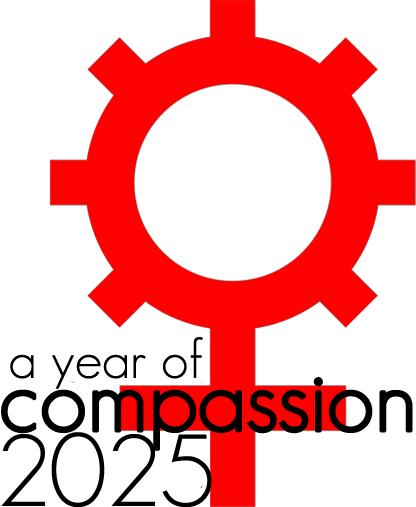Dear Diary,
Why should we practice forgiveness? People need to benefit from their actions, so how does forgiveness payout? Calmness is the reward for forgiveness. Calmness is not living in a vacuum, devoid of stimuli, but instead having the mental and emotional capacity to handle what comes our way. If one’s cup is filled, it can not hold anymore. When one fills up their cup beyond capacity, its contents spill over both the holder and the surrounding environment. Akin to this, when we are pushed beyond our mental and emotional limits, we spill ourselves into our environment. We run a considerable risk of damaging ourselves and the essential things in our surroundings.
I wrote previously on what forgiveness is and how we can understand when we achieve it, but forgiveness is one of the things wherein the reward is the action. Forgiveness is a gateway to growth because we have an opportunity to learn from every situation we encounter in life. We have the opportunity to refresh our motivations, learn from our mistakes, and ensure our goals are aligned with our inner selves. For many people, admitting error or fault is astonishingly complex. When one’s identity is anchored to an idea or concept, finding fault within it is difficult due to the immediate secondary understanding we were wrong. Many people have planted their flag in the sand and will not be swayed by reality. They must constantly fight to maintain their position.
True calmness is accepting life as it is and having the flexibility to adapt to constant change. So long as we live, the world around us will change. At times, these changes can be subtle and slow; Sometimes, change comes abruptly and immediately. Calmness is the result of preparation, not as the result of efforts to stop living. We prepare ourselves through actions like mindfulness and forgiveness. We focus on what we can control and make the most of what is possible, rather than having life pass us by focusing on the past or other impossibilities.
Calmness comes from being at peace with our actions. When we make decisions aligned with our nature and follow through on them at a pace reasonable for us, we walk through life’s paths enjoying the present. When we try to force something, impose our will where it doesn’t belong, we set ourselves up for conflict. In the USA, conflict is the lens through which we view life. We declare ‘war’ on everything, have endless TV shows focused solely on the conflict between people, and view our history through one conflict after another. The concept of ‘winning’ is ingrained into the culture; thus, the idea of accepting life is hard to learn.
Forgiveness is a primary mechanism for freeing up mental and emotional space to channel elsewhere. Forgiveness gives us the tools we need to work on what is vital in the here and now. There is no being at peace with ourselves and our actions when forgiveness has not been achieved. Trying to forget or practice escapism will not grant us solace for anything beyond a shallow moment. When we practice avoidance rather than forgiveness, we are sacrificing our future selves for our present selves. We are attempting to create a false peace now, knowing it will be broken again later.
Calmness does not spring from awaiting future burdens; it swells from being ready to handle what life hands us. We can only be ready if our hands are not already full. We can only put things down completely through forgiveness and allowing them to stay where we put them – in the past. The joy and lightness we feel from being unburdened can then be harnessed for positive proactivity. We build things when we can and endure the rest, understanding the pain will pass. In time, we make ourselves a home where we can heal, rest, and embrace the day with an innocent heart and an open mind. Through calmness, we can make each today worth living, knowing things are OK; we made them OK through forgiveness.
